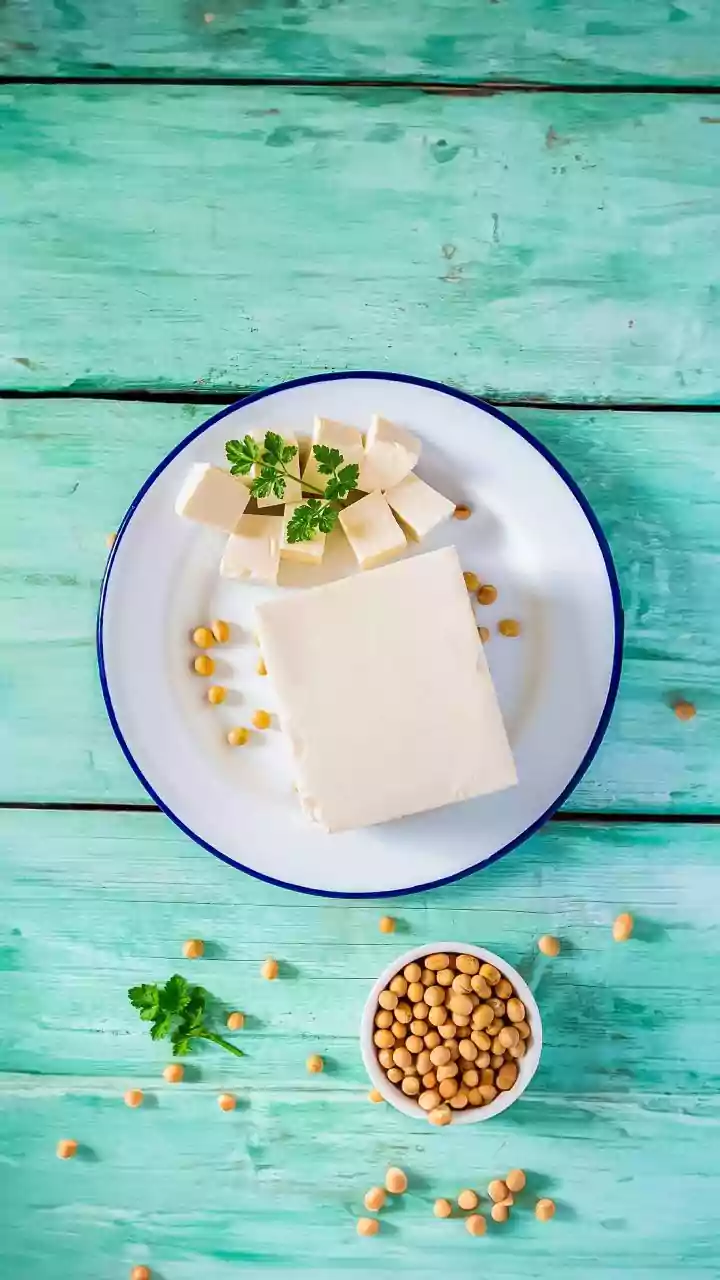Embrace the Spice
Chai, the beloved spiced tea, owes its delicious flavor and potential health benefits to the blend of aromatic spices used in its preparation. Often, a traditional
masala chai contains ingredients such as cardamom, cinnamon, cloves, and ginger. These spices not only contribute to the complex and warming flavor profile but also possess unique properties. Cardamom, known for its digestive qualities, adds a floral note, while cinnamon brings a touch of sweetness and supports blood sugar control. Cloves offer an antioxidant boost with a warming sensation, and ginger provides anti-inflammatory benefits and adds a zesty kick. When preparing chai, the interplay of these spices creates a symphony of flavors and wellness benefits, making each cup a sensory and health-conscious experience. The judicious combination of these spices forms the foundation of a chai that is both delicious and potentially beneficial.
Swap for Health
One effective strategy to make your chai healthier involves making a simple swap in the tea preparation process. Consider exchanging the typical refined sugar for a natural alternative like jaggery or honey. Refined sugars tend to cause rapid spikes in blood sugar levels, potentially leading to energy crashes and long-term health issues. In contrast, jaggery, a traditional unrefined sugar from India, contains trace minerals and is digested more slowly, resulting in a gentler impact on blood sugar. Honey, similarly, offers natural sweetness and contains antioxidants, though it should still be consumed in moderation. Switching to these natural sweeteners not only reduces the intake of empty calories but also potentially enhances the nutritional profile of your chai, making it a slightly healthier choice to enjoy regularly. This modification can significantly shift the balance, moving your chai from a simple treat to a beverage with added health benefits.
Milk Matters Too
The type of milk you choose for your chai can significantly affect both its nutritional value and how it might affect your body. Traditional chai often uses full-fat milk, which contributes to the creamy texture and rich taste. However, it also introduces a considerable amount of saturated fat. You can boost the health aspects by switching to lower-fat alternatives such as skim or 1% milk. These options retain the creaminess while reducing the saturated fat content, thus, making them friendlier to your cardiovascular health. For those who are lactose intolerant or prefer a plant-based option, almond milk or soy milk offer wonderful alternatives. Unsweetened almond milk is low in calories and naturally lactose-free. Soy milk also provides a creamy texture with added protein, which makes it a nutritionally rich option. Experimenting with different milk types allows you to customize your chai according to your dietary preferences and health objectives.
Brewing Perfection Tips
Beyond the key ingredients, the brewing method profoundly impacts the final flavor and health properties of your chai. To elevate your brewing game, start by ensuring the right proportions. A general rule is to use one teaspoon of tea leaves per cup of water, and add a balance of spices based on your taste preferences. When brewing, simmering the tea and spices in water, before adding milk, allows the flavors to meld together. Ensure the mixture does not boil rapidly, as this may lead to a bitter taste. Instead, maintain a gentle simmer for about 10-15 minutes to allow the flavors to fully develop. The ideal brewing time is crucial. Over-brewing tea can extract more tannins, which contribute to a bitter flavor, while under-brewing might leave you with a weak, diluted chai. Proper brewing not only enhances the taste but also maximizes the health benefits of the spices and tea.
Mindful Chai Consumption
While chai can be a delightful and potentially beneficial beverage, practicing moderation is essential for optimizing its impact on your health. Because chai usually contains caffeine from tea, it's wise to be mindful of your overall caffeine intake, especially if you are sensitive to it. Excessive caffeine consumption may lead to jitteriness, insomnia, or heart palpitations in susceptible individuals. The addition of milk and sugar also contributes to the overall caloric content of chai. Drinking multiple cups throughout the day can result in a significant intake of calories, potentially leading to weight gain if not balanced with exercise and a healthy diet. Being aware of your body's signals and consuming chai in moderation will allow you to enjoy its benefits without overdoing it. This mindful approach enables you to savor your cup of chai while maintaining a healthy balance in your daily diet and lifestyle.





















